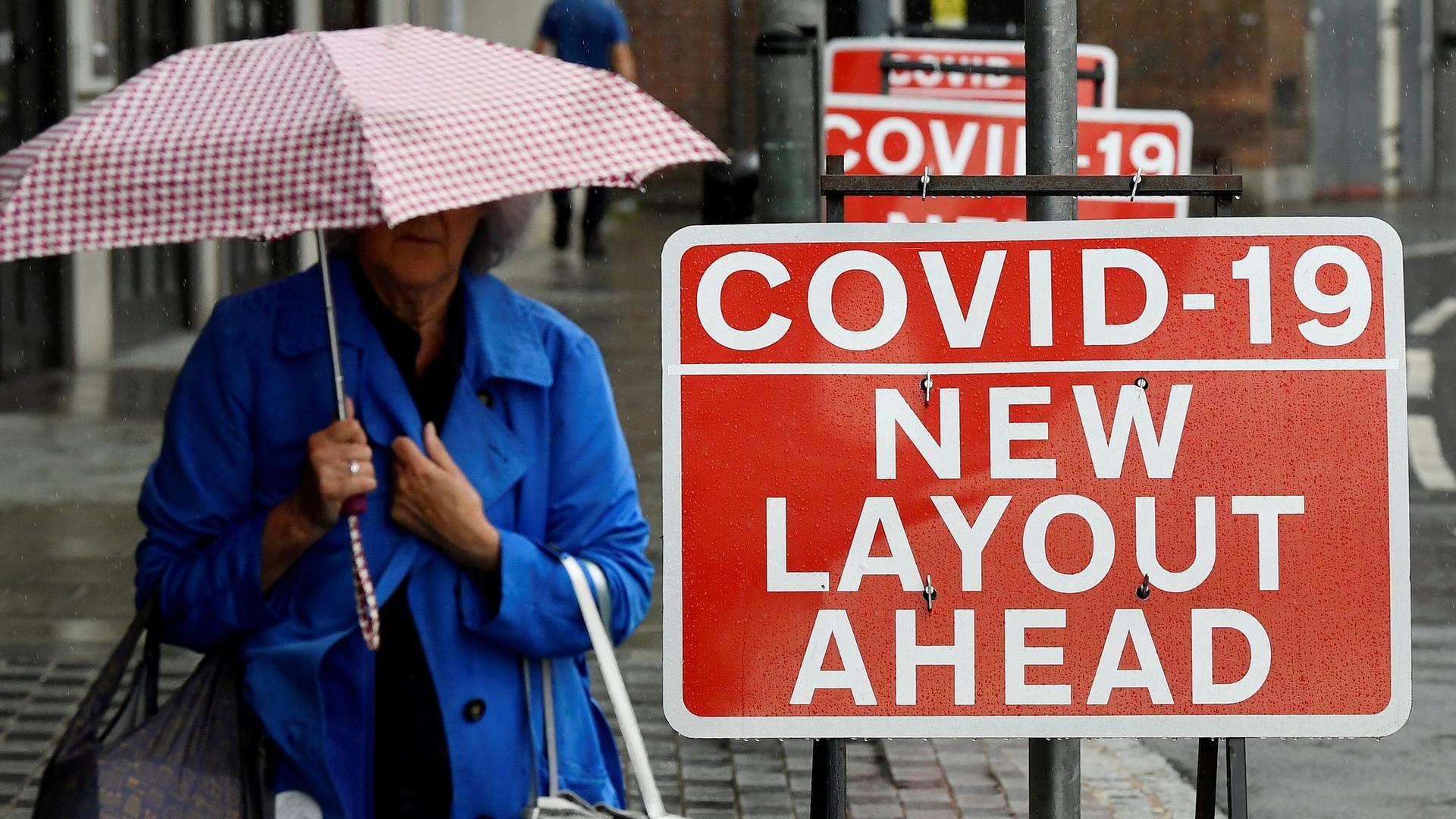This analysis was featured in Critical State, a weekly newsletter from The World and Inkstick Media. Subscribe here.
COVID-19 will have lasting effects on almost all facets of life, and security research is no different. Yet, for people who dedicated their lives to studying the effects of violence, there is something familiar about the widespread (but unevenly distributed) precarity brought on by the pandemic.
Related: Illiberalism isn’t just rising — it’s spreading (Part I)
In a special edition of Deep Dive, Sam Ratner looks at the latest thinking by leading qualitative security researchers on what conflict studies can teach us about understanding the effects of COVID-19.
Political scientists Kanisha Bond, Milli Lake, and Sarah Parkinson wrote about four core lessons from their work that have more widespread applicability in the COVID-19 era. The first focuses on the way the effects of the virus are distributed. Despite the rhetoric that COVID-19 has leveled playing fields, hitting people equally across society, in reality, vulnerable people are just that — vulnerable. Just like in armed conflicts, the pandemic hits people who were under pressure before the crisis harder than it does others. Therefore, researchers studying the effects of the pandemic have to consider their work with the same questions the best conflict researchers use: How will my work challenge or reproduce the power structures and societal cleavages that I am studying?
Related: Illiberalism isn’t just rising — it’s spreading (Part II)
The second lesson is that studying social phenomena, especially in person, is a fraught endeavor. You may grow your knowledge about violence by incentivizing people to share their stories of conflict with you but, in a conflict setting, the sharing of stories itself is often dangerous. Similarly, in a pandemic, it is easy to imagine research that worsens conditions for those being studied even as it helps researchers in their search for knowledge. Is in-person fieldwork viable in a world where communicable disease is a massive concern nearly everywhere? And conversely, is remote fieldwork a suitable replacement for speaking to people face-to-face, given how many governments have used the pandemic to clamp down on digital freedom and privacy? Questions of safety will be of huge concern to researchers of all kinds going forward.
Related: Biology will play ‘a key role in the response to future crises,’ says health security scholar
Third, Bond et al. write that social scientists need to learn to take a deep breath before jumping into new research on the effects of COVID-19. There is a tendency among social scientists to want to be the first to do a type of fieldwork or to do the most extreme form of fieldwork. The profession is competitive, and there is a lot of pressure to take risks. Yet those risks, in addition to being dangerous, often don’t produce the best scholarship. The pandemic is taking a toll on everyone, and expecting top work from people scrambling for child care or worried about the future of their university is unrealistic. Instead, work under that kind of pressure can produce faulty data and, as a result, unconvincing conclusions.
Finally, conflict researchers understand intimately the necessity for individual empathy when investigating large crises. War and disease affect different people in different ways, and to paint peoples’ COVID-19 experiences with too broad a brush would be to miss crucial nuances. Wars are horrible, but some find self-actualization, liberation and even real joy in them sometimes, all of which should be captured when we tell the story of conflict. Similarly, COVID-19 has produced political awakenings and deepened personal relationships along with suffering, often in the same people.
The best research on the COVID-19 era will meet people where they are (at least figuratively) and engage with the positive and negative outcomes of the pandemic.
Critical State is your weekly fix of foreign policy without all the stuff you don’t need. It’s top news and accessible analysis for those who want an inside take without all the insider bs. Subscribe here.
The World is an independent newsroom. We’re not funded by billionaires; instead, we rely on readers and listeners like you. As a listener, you’re a crucial part of our team and our global community. Your support is vital to running our nonprofit newsroom, and we can’t do this work without you. Will you support The World with a gift today? Donations made between now and Dec. 31 will be matched 1:1. Thanks for investing in our work!
